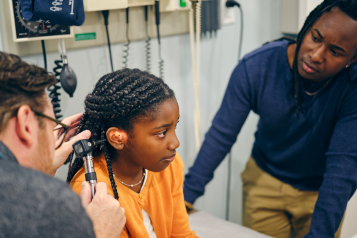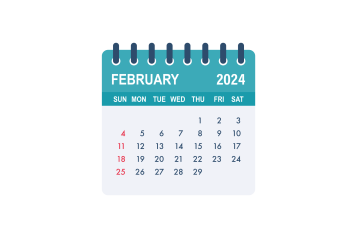What are d/Deaf and hard of hearing people telling us about local services?

To mark Deaf Awareness Week 2024 (6th - 12th May), we've pulled out some key themes from feedback we've receive from Deaf and hard of hearing people about local health and social care services.
What you told us
Translators are often not provided at health appointments; translating using family or friends interferes with a person’s privacy.
Deaf people can miss appointments if a professional calls out their name in the waiting room. Screens showing the patient’s name and room number are more useful.
Receptionists or Care Navigators don’t always know how to use text relay so it can be very hard to book appointments.
Automated phone messages are too fast for text relay to keep up.
It is helpful to be able to email the surgery.
People who lip read may need more time to process and take in information but are often not booked a double appointment.
If a patient lip reads, it is helpful for the GP to face them and keep their mouth clear.
It is hard having to see different doctors each time as a Deaf person has to adapt to each doctor's communication style.
Healthcare professionals don’t always check notes so may not be aware a person is Deaf; the person may have to remind them.
Downloads
Accessible Information Standard
The Accessible Information Standard aims to make sure that people who have a disability, impairment or sensory loss get information that they can access and understand, and any communication support that they need from health and care services.
The Standard tells organisations how they should make sure that patients and service users, and their carers and parents, can access and understand the information they are given. This includes making sure that people get information in accessible formats.
The Standard also tells organisations how they should make sure that people get support from a communication professional if they need it, and about changing working practices to support effective communication.
As part of the Accessible Information Standard, organisations that provide NHS care or adult social care must do five things. They must:
- Ask people if they have any information or communication needs, and find out how to meet their needs.
- Record those needs clearly and in a set way.
- Highlight or flag the person’s file or notes so it is clear that they have information or communication needs and how to meet those needs.
- Share information about people’s information and communication needs with other providers of NHS and adult social care, when they have consent or permission to do so.
- Take steps to ensure that people receive information which they can access and understand, and receive communication support if they need it.
What does the Standard include? The Standard says that patients, service users, carers and parents with a disability, impairment or sensory loss should:
- Be able to contact, and be contacted by, services in accessible ways, for example via email or text message.
- Receive information and correspondence in formats they can read and understand, for example in audio, braille, easy read or large print.
- Be supported by a communication professional at appointments if this is needed to support conversation, for example a British Sign Language interpreter.
- Get support from health and care staff and organisations to communicate, for example to lip-read or use a hearing aid
You can find out more about the Accessible Information Standard by watching the video below. The video includes subtitles and BSL interpretation.
Want to share your feedback with us? Click the pink 'Talk to us' button below and complete our online feedback form.


